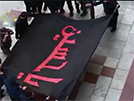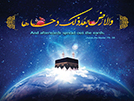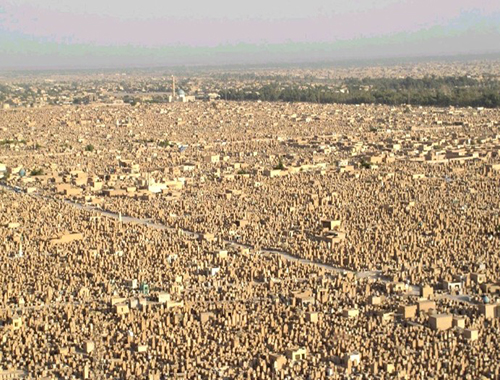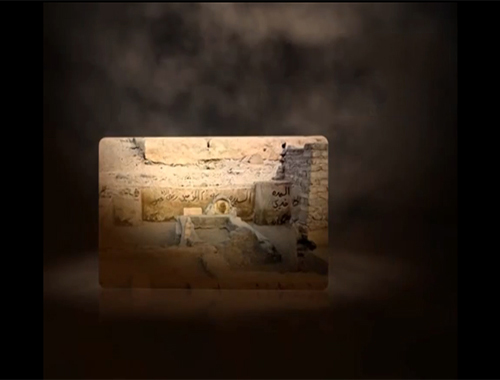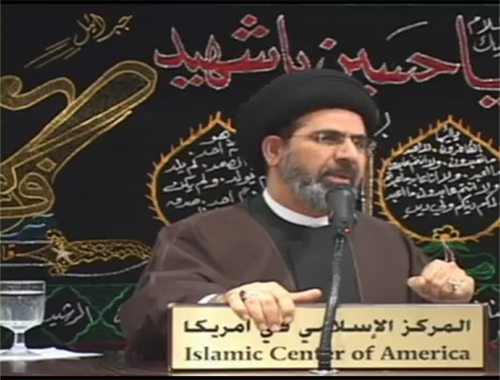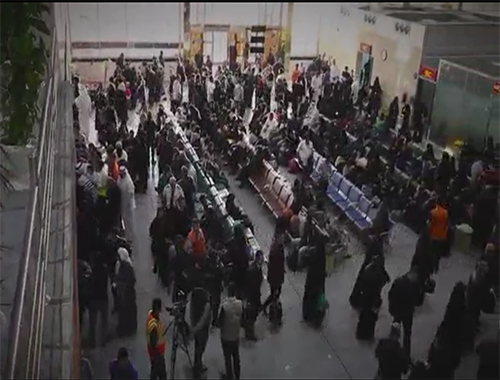
A great deal of emphasis has been given in the Holy Qur’an and the traditions to both marriage and having children. The Almighty Allah states in the Holy Qur’an: “And among His signs is this that He created for you mates from among yourselves.” (30:21)
The Prophet (P.B.U.H&H.P) stated: “There is no better structure founded in Islam other than marriage.” (Wasail al-Shia)
“Imam Ali (A.S) said, “Engage in marriage, because this is the tradition of the Prophet of Allah.” (Wasail al-Shia)
The Prophet of Allah further stated: “Whoever chooses to follow my tradition must get married and produce offspring through marriage (and increase the population of Muslims), so that on the Day of Resurrection, I shall confront other Ummah (nations) with the (great) numbers of my Ummah.” (Wasail al-Shia)
Imam Ali Ridha (A.S) stated: ‘The greatest gain for a man is a faithful woman who, when she sees him, becomes happy, and protects his property and her own honor in his absence.”(Wasail al-Shia)
What has been dealt with so far in this discussion has been only the worldly and animalistic side of marriage which the animals also share: the benefits of companionship and reproduction. As such, the true purpose of marriage for the human race is of a different kind. Mankind is not meant to have entered this world solely in order to eat, drink, sleep, seek pleasure or act lustfully, and then to die and be destroyed. The status of man is higher than such deeds. Human beings are meant to train themselves and their souls by gaining knowledge, committing good deeds, and behaving with good manners. Man is meant to take steps along the straight path to achieve nearness to Almighty Allah. Mankind is a creation that is able to cleanse his soul, and by avoiding evil deeds and exercising good behavior, reach a level of such high status that even the angels are not able to attain. Man is a creature that is eternal. He has come to this world so that – by the guidance of the prophets and the implementation of the programs set by the religion (of Islam) to secure his happiness in this world and the Hereafter he could live a peaceful life in the next world eternally.
Therefore, the purpose of marriage should be searched for in this spiritual context. The aim of marriage for a religious person should be a means of avoiding evil deeds and purging one’s soul of sins. It should be a means of acquiring nearness to the Almighty Allah. It is in this context that a suitable and good partner assumes an important role. When two believers form a family through marriage, their sexual relationship would benefit them in strengthening their mutual love and kindness. For such a couple, there would not exist any dangerous threats of sexual perversion, dangerous addictions, or unlawful deeds. The Prophet (P.B.U.H&H.P) of Islam and all of the Imams (A.S) have laid great emphasis on the institution of marriage.
A pious person would always invite his partner to goodness, just as a corrupt person would tempt his partner towards corruption. It is then reasonable that in Islam, men and women who want to get married are advised to regard the piety and good manners of their future partners as essential conditions.
A person went to the Prophet and said: “I have a wife who always welcomes me when I come home and escorts me to the door when I leave. When she finds me sad and unhappy, she then consoles me by saying: ‘If you are thinking of sustenance, then do not despair, because Allah provides sustenance; and if you are thinking about the next life, then may Allah increase your intellect and efforts.'” Then the Prophet stated: “Allah surely has functionaries and agents in this world, and your wife is one of those. Such a woman would be rewarded half as much as a martyr.” (Wasail al-Shia)
Imam Ali (A.S) was thinking the same when he spoke of Lady Fatima Zahra (S.A). He stated that she was the best help for worshiping the Almighty Allah. History tells us that the Prophet, one day after the wedding of Imam Ali and Lady Zahra, went to congratulate them in their house and know about their welfare. He asked Imam Ali: “How do you find your spouse?” The Imam replied:” found Zahra as the best help in worshiping the Almighty Allah.” The Prophet then asked the same of Lady Zahra (S.A), and she replied: “He is the best husband.” (Bihar al-Anwar)
In one sentence, Imam Ali (A.S) thus introduced the best woman in Islam and expressed the main purpose of marriage.
Derived from: Principles of Marriage & Family Ethics
By: Ayatullah Ibrahim Amini
 Imam Ridha (A.S) - Islam Guidance
Imam Ridha (A.S) - Islam Guidance

